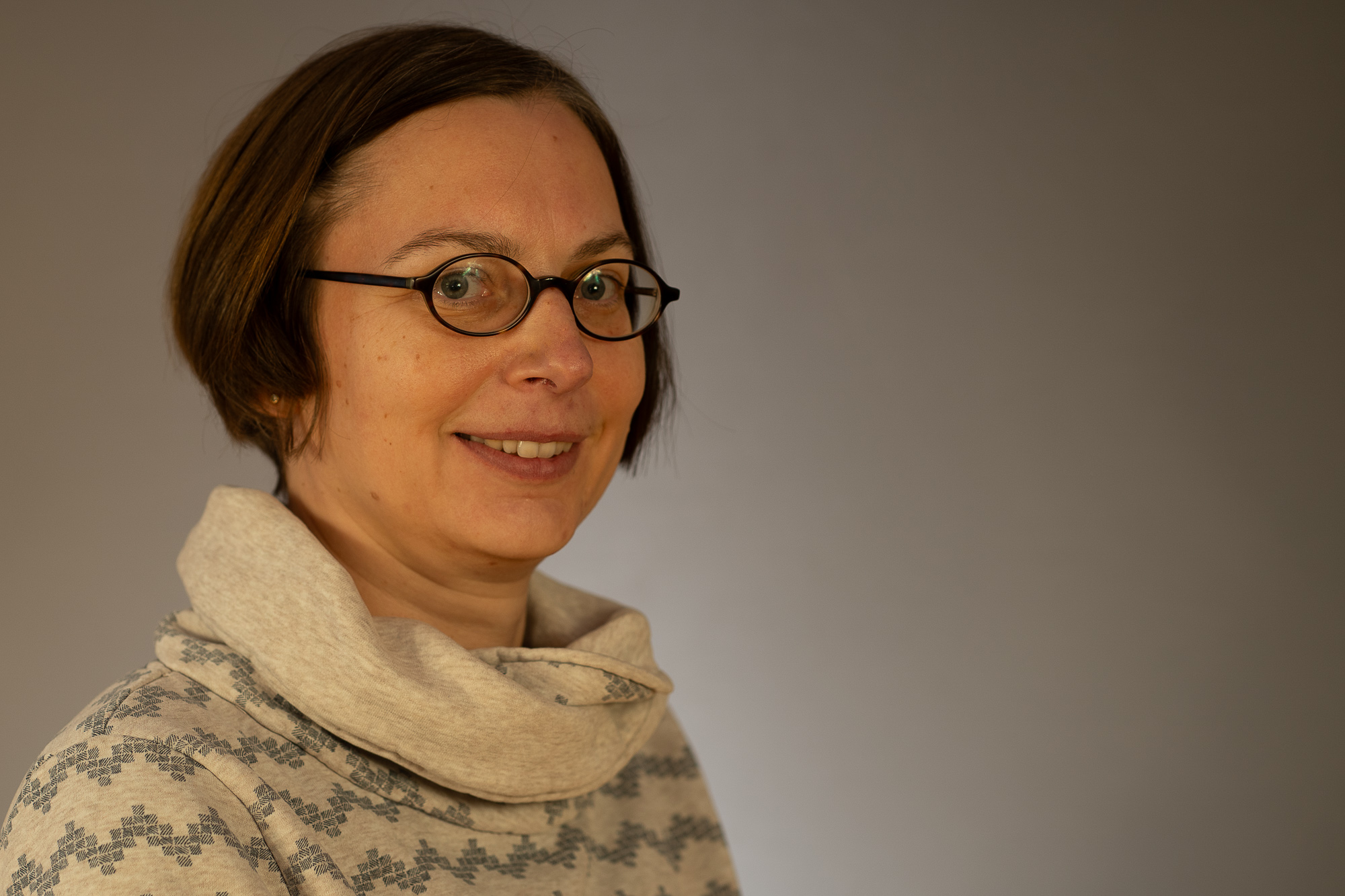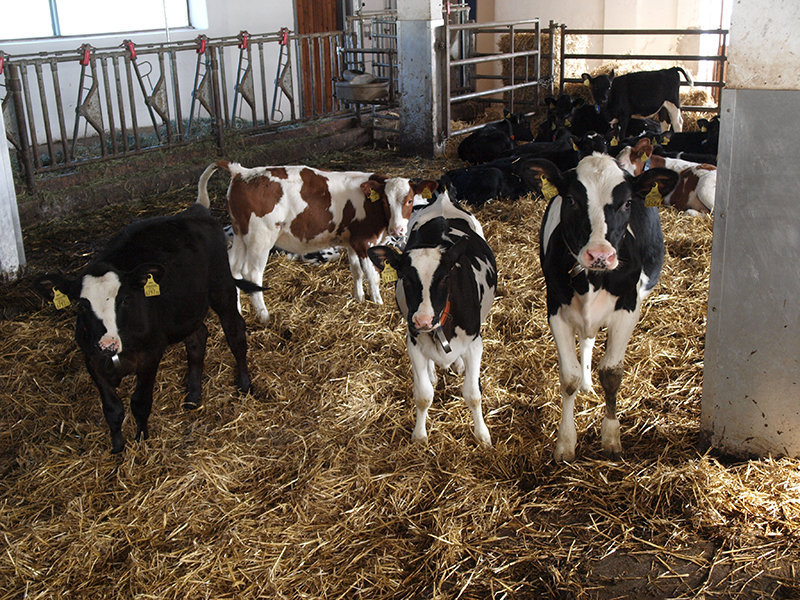Austrian agriculture is committed to holistic, sustainable and animal-ethical management. For this purpose, a joint assessment of milk production and fattening is necessary. This also implies the evaluation of the (Holstein) bull calves on our dairy farms. The evaluation is, on the one hand, about the animal performance with different feed bases, but also about the economic efficiency (e.g. Holstein calves are significantly cheaper than Simmental calves) as well as the efficiency and environmental impact at different reference levels (not only per individual animal, but also per area or per nutrient unit).
Due to pests such as the corn rootworm and one-sided crop rotation, alternatives to corn silage are currently being sought. Austria has a grassland share of > 55%. Partial replacement of corn silage with grass silage could also be an option in bull fattening.
The present project tests the hypothesis that certain dairy cattle types are well suited to grassland-based fattening systems due to their feed intake capacity, physiological maturity and fat accumulation. This project is intended to investigate whether efficient fattening (economic efficiency, ecological balance, etc.) of dairy bulls is possible.
Consumers are becoming increasingly more sensitive to product quality and process quality, i.e. the way in which agricultural food is produced. The aim of the project is to create even more awareness of this among all stakeholders (advice, breeding, marketing organizations, farmers, consumers, retailers). Dairy-focused cattle are also said to have better meat quality than Simmental cattle, which will be investigated in this project.
A bull fattening trial is being carried out with Simmental cattle and 3 Holstein genotypes (Holstein conventional breeding, Holstein from New Zealand, Holstein from life-performance lines) with 2 basic feed rations (corn silage or corn silage and grass silage) with average amounts of concentrate for fattening bulls.







